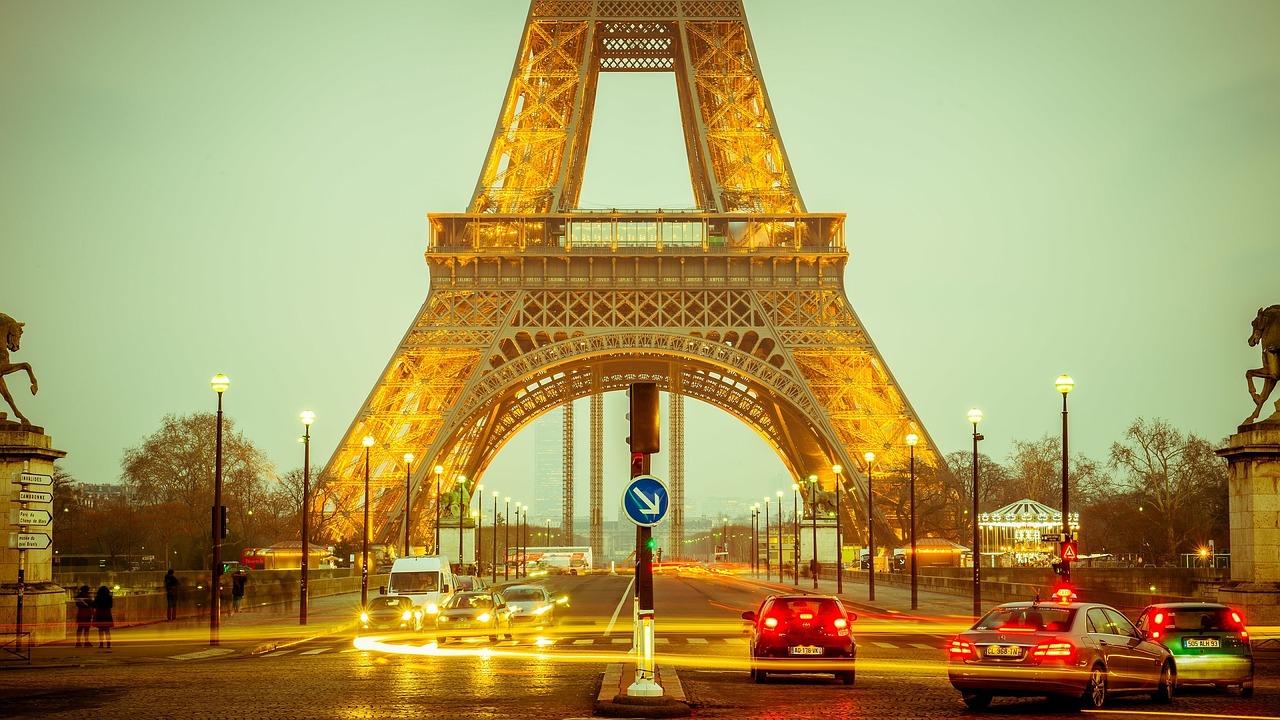March 11, 2016
France has asked UK border guards to make weekly tours of the main Calais refugee camp to tell people there that Britain plans to make it much harder for asylum seekers to live or work in the country.
The demand is part of a drive by French regional politicians to bring about the total closure of the camp, after part of it was demolished last month amid violence and protests. Xavier Bertrand, president of the Nord-Pas-de-Calais-Picardie region, predicts the Calais camp will shut in the foreseeable future as security is tightened and the British parliament is expected to pass a new immigration bill. It will impose tougher penalties on landlords and employers if they knowingly house illegal immigrants or give them jobs. The bill will also tighten asylum seekers’ right to work.
But Bertrand, who represents 6 million people since his election in December, said the UK needed to act sooner. Speaking to the Guardian, he said: “What we need now is UK border guards going through the camp at Calais every week telling the people that it is no longer the case that the UK is an El Dorado. They go there occasionally, but the message has to be sent the whole time.
“They have to go into the camps and say the rules are changing, and challenge what the smugglers have told them: that they will get benefits. No one at present knows about the changes to the rules. It is the belief that they can work illegally without papers or claim asylum that makes them want to go to the UK.”
The call for a tougher approach was made during talks this week between UK Home and Foreign Office ministers in London and Bertrand and the Calais mayor, Natacha Bouchart. Bertrand has become the driving political force in France for a tougher line on the Calais camp after the numbers swelled and the regional economy was impacted.
“The people of Calais are exasperated. It is not sustainable for the region,” he said. “I do not want a drama, it’s what I want to avoid, but it’s possible someone will be killed unless we make progress.” Bertrand said Britain would also need to deal with the issue of unaccompanied children. “They have to be looked at differently on a case by case basis. It is a very difficult issue [and] we need a made-to-measure response. We have to look to see if they have relatives in the UK,” he said.
“But some people use the issue of unaccompanied children to say we cannot do anything. It cannot be an excuse for inaction. The population will not tolerate this all continuing.”
He also insisted he will not allow the refugees to leave Calais to set up new camps at Dunkirk, also in the Nord-Pas-de-Calais-Picardie region, as some have predicted. “I will not accept the problems of Calais simply being shifted to somewhere else in the region,” he said. Bertrand said the Belgian port of Zeebrugge was in danger of becoming the next gathering point for refugees trying to reach Britain via ferries. “Zeebrugge is going to be Britain’s next problem,” he said. “In Calais, the tunnel is now absolutely protected, and in a few weeks, now that we have the money agreed, the port at Calais will also be protected.” A 4km long fence near the port is to be constructed either of concrete or wire, partly funded by the UK.
Bertrand also predicted no candidate from the right hoping to run for French president in 2017 will gain support unless they take up the issue of Calais and state clearly that if the UK votes to leave the EU, there will be consequences for the continuation of the bilateral agreement that allows the UK to place border police on French soil. David Cameron has warned that a vote to leave the EU would mean the border would return to the UK. Francois Hollande failed to make this explicit threat at last week’s Anglo-French summit, but Bertrand said: “If Britain votes for Brexit there will have to be a renegotiation of the agreements on the borders negotiated at Le Touquet.
“In the event of Brexit, I will call on the next French president in 2017 to renegotiate the treaty, not to scrap it, but to amend it in order to ensure the issue no longer affects the daily life of the population of Calais. The UK will have to finance the cost of any disruption on local businesses, transport industry and regional economy.”
He also stressed: “I do not want to be at war with my British colleagues. I want to preserve the Anglo-French relationship, as well as the transport routes between Calais and Dover.”






